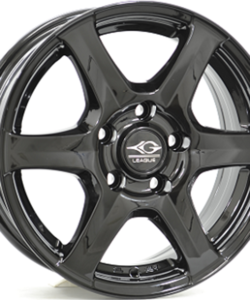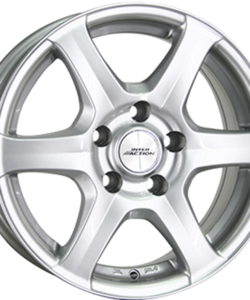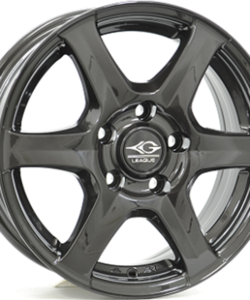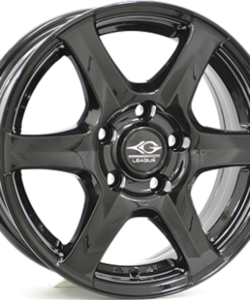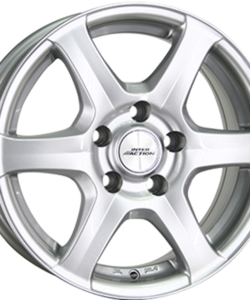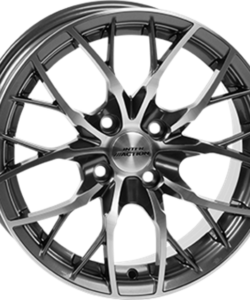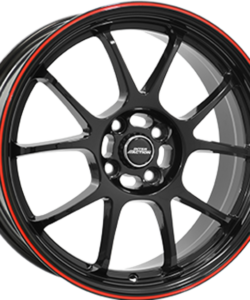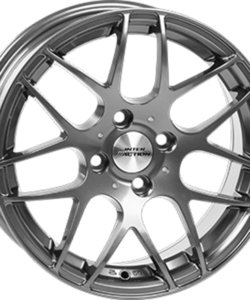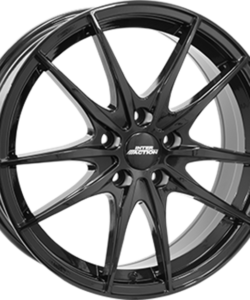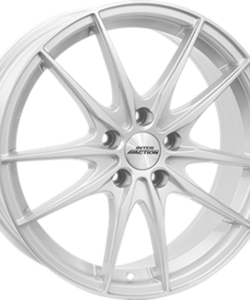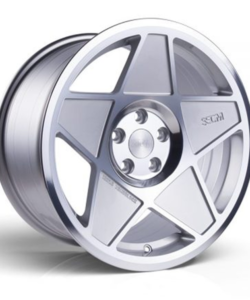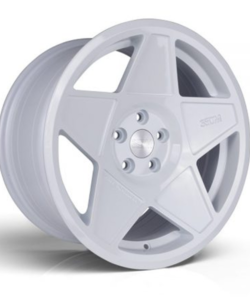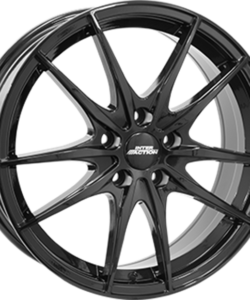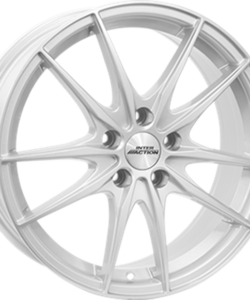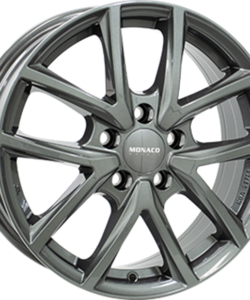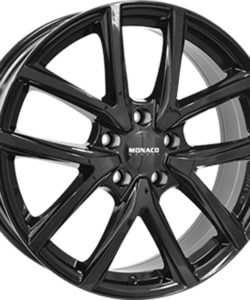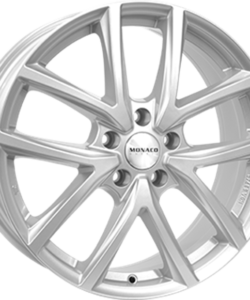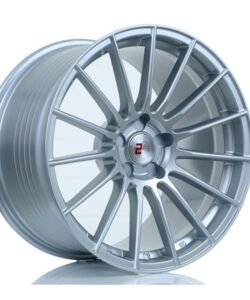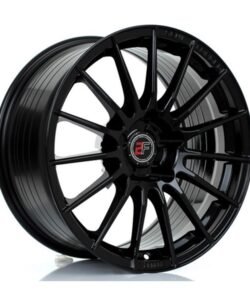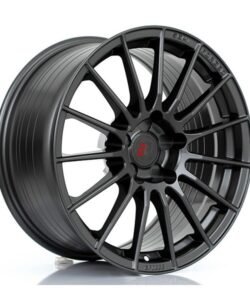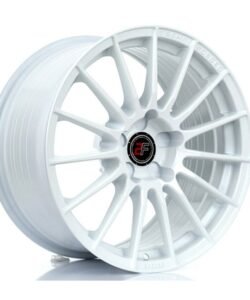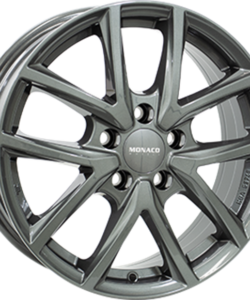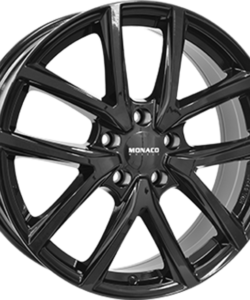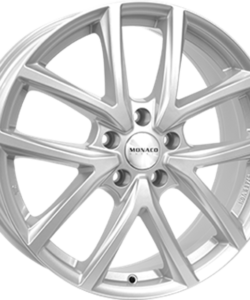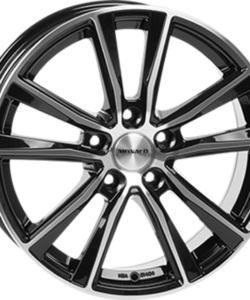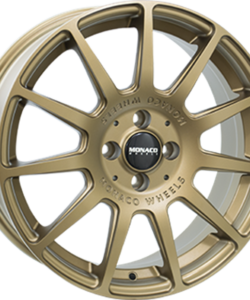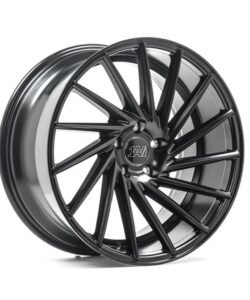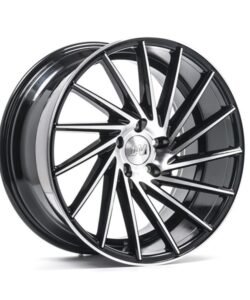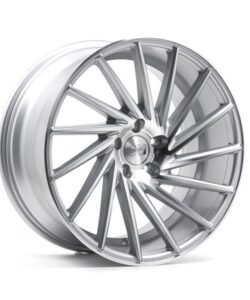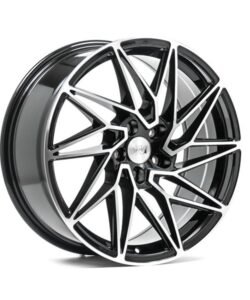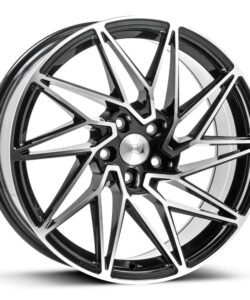Alloy Wheels: The Ultimate Blend of Style, Performance, and Durability
Wheels are one of the most crucial components of a vehicle, directly influencing its performance, safety, and aesthetics. While traditional steel wheels have been commonly used, alloy wheels have gained popularity for their superior characteristics, offering a combination of lightweight performance, attractive designs, and improved driving dynamics. Whether for a performance vehicle, luxury car, or everyday commuter, the right set of wheels can dramatically enhance your driving experience.
Key Features of Alloy Wheels
Lightweight Construction
- Alloy wheels are made from a mixture of metals like aluminum and magnesium, which are lighter than steel. This reduction in weight lowers the unsprung mass of a vehicle, improving handling, acceleration, and braking performance. Lighter wheels also contribute to better fuel efficiency and less strain on suspension components.
Durability and Strength
- Despite being lighter, alloy wheels are incredibly strong. The metal alloys used in their construction provide excellent resistance to impacts, corrosion, and wear. With proper maintenance, alloy wheels can last for years, maintaining their integrity even under demanding driving conditions.
Attractive Designs
- One of the most appealing features of alloy wheels is their versatility in design. From multi-spoke patterns to intricate mesh designs, alloy wheels offer a wide range of aesthetics to suit any vehicle’s style. These wheels can complement everything from sports cars to luxury sedans, enhancing the overall appearance of the car and adding a personal touch.
Better Heat Dissipation
- Alloy wheels have superior thermal conductivity compared to steel wheels, which helps in dissipating heat generated by the braking system. This leads to improved braking performance and reduces the risk of brake fade during long, high-speed drives.
Corrosion Resistance
- Alloy wheels, especially those with coatings like powder coating, anodized finishes, or clear protective layers, are highly resistant to corrosion caused by exposure to water, road salt, and chemicals. This resistance ensures that alloy wheels maintain their visual appeal and functionality over time, even in harsh climates.
Improved Handling
- The lightweight nature of alloy wheels leads to better steering response and improved handling. With less weight to manage, your car’s suspension system can operate more efficiently, enhancing both comfort and road stability.
Types of Alloy Wheels
- Cast Alloy Wheels
Cast alloy wheels are the most common type and are made by pouring molten alloy into a mold. This process is more affordable and can be used to create intricate designs. While cast wheels are lightweight and strong, they may not offer the same level of performance as forged wheels. - Forged Alloy Wheels
Forged alloy wheels are created through a high-pressure process that shapes the metal into the desired form. The result is a stronger and more durable wheel that can handle more extreme conditions. Forged wheels are often preferred for high-performance or racing vehicles due to their superior strength-to-weight ratio. - Flow-Formed Alloy Wheels
Flow-formed wheels are produced using a process that combines casting and forging techniques. The wheel’s structure is strengthened by stretching and molding the material while it is heated. This process results in a wheel that is lighter and stronger than traditional cast wheels but more affordable than forged wheels.
Benefits of Alloy Wheels
- Improved Aesthetics: Alloy wheels are available in a wide variety of finishes, including matte, gloss, polished, and even custom options. These designs can dramatically change the appearance of a vehicle, making it look more sophisticated, aggressive, or sporty.
- Performance Enhancement: The lightweight nature of alloy wheels helps reduce the overall weight of the vehicle, improving acceleration, braking, and handling. This is especially noticeable in high-performance and racing cars.
- Better Fuel Efficiency: Lighter wheels put less strain on the engine and drivetrain, which can lead to better fuel economy, especially on longer drives or in vehicles with higher power outputs.
- Heat Management: The ability of alloy wheels to dissipate heat more effectively than steel wheels means less risk of overheating during heavy braking, improving safety and performance.
- Corrosion Resistance: Alloy wheels offer better protection against corrosion, which can extend their lifespan and keep them looking new for longer.
Popular Finishes and Styles
- Polished: Polished wheels have a reflective, shiny surface that adds a sophisticated and high-end appearance to the vehicle. They are commonly seen on luxury cars and sports vehicles.
- Gloss and Matte Black: Black wheels, whether gloss or matte, provide a sleek and aggressive look, especially on performance vehicles, trucks, and off-road cars.
- Diamond-Cut: A multi-stage process that results in a high-shine finish with a contrast of matte and polished surfaces. These wheels are known for their unique, eye-catching aesthetics.
- Painted/Coated: Many alloy wheels are finished with a layer of paint or powder coating, which can come in a variety of colors, providing a highly customizable look that suits any vehicle.
- Machined or Forged Designs: These types of wheels feature intricate patterns and advanced engineering, providing superior strength and unique designs that attract attention on the road.
Maintenance Tips for Alloy Wheels
- Regular Cleaning: Keep your alloy wheels clean by washing them regularly with a mild, non-abrasive cleaner. This prevents brake dust and dirt from building up, which can cause damage or discoloration.
- Avoid Harsh Chemicals: Do not use harsh chemical cleaners or abrasive materials, as these can scratch the finish and damage the wheel surface.
- Protective Coating: Consider applying a protective coating or wax to your alloy wheels to help repel dirt, water, and brake dust, making it easier to clean and preventing corrosion.
- Check for Damage: Regularly inspect your wheels for cracks, bends, or other damage that could affect their performance. If damage is found, it’s important to have the wheel inspected by a professional to ensure it’s safe to continue using.
Conclusion
Alloy wheels are more than just a stylish upgrade for your vehicle—they play a crucial role in enhancing overall performance, durability, and driving experience. Whether you’re after improved handling, fuel efficiency, or simply want to elevate the look of your car, alloy wheels offer the perfect balance of form and function. With a wide variety of finishes, designs, and sizes to choose from, alloy wheels are the ultimate choice for any vehicle enthusiast looking to improve both aesthetics and performance.

